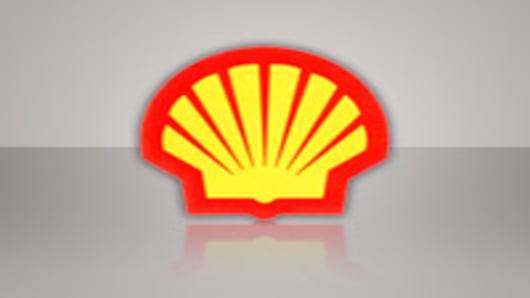Shell is to close the FTSE 100’s last remaining final salary pension scheme to new hires in Britain, ending an era in which private sector workers could be confident of a guaranteed income throughout their retirements.
The move by Shell UK , which will take effect in 2013, comes as government ministers attempt to force public sector workers to pay higher contributions into schemes that would still be more predictable than those available to their private sector counterparts.
Shell UK maintains one of the country’s best-funded pension schemes. At its last valuation at the end of 2010, it had a surplus. According to a valuation report at the time, the scheme had more than enough funds to pay all promised benefits in full and on time. In 2007, it was so well funded that Shell UK obtained permission from the Pensions Regulator to withhold contributions.
Shell is unusual among UK employers in that its scheme is particularly well funded and it does not appear to have been guided in its decision by a need to close off a scheme that threatens to siphon off cash that is badly needed for operations.
In a statement on its pension website for scheme members, Shell said it would replace the final salary plan with “a UK defined contribution pension plan”. It added the replacement plan would ensure remuneration for new hires “remains strongly competitive”.
A Shell UK spokesman confirmed the decision to close the scheme to new hires did not reflect concerns about future risk, but was instead taken “to reflect market trends in the UK”, he said.
Unite, the union representing workers at Shell UK, criticized the move. “This is a disgraceful act, nothing less than greed on the part of one of the world’s richest and most powerful corporations,” said Len McCluskey, Unite general secretary. “They have no need whatsoever to close this scheme.”
Under the defined contribution scheme that Shell plans to offer new hires, retirement incomes range widely depending on variables such as stock market movements, interest rates and changes in life expectancy.
Shell UK’s decision reflects a larger trend across Britain. A recent survey by the National Association of Pension Funds found that only 19 percent of final salary and average salary schemes are still open to new hires.
In December, staff at Unilever took the unusual step of taking industrial action over plans to close the company’s final salary pension plan to its existing workforce. So far, most industrial action in response to curtailed pensions has been in the public sector.
Unlike a number of employers, Shell will allow its workforce of roughly 6,200 employees to continue to receive salary-linked retirement benefits. As of the end of last year, roughly a quarter of all employers had closed such schemes to their existing workforce.
The move comes as government ministers struggle to force public sector workers to accept a form of retirement income that will be less generous – and require higher contributions – than that which they currently earn but is much more certain than that available to those with defined contribution benefits generally.
Over recent years, Shell UK’s scheme has performed better relative to many of its peers because it is heavily invested in index-linked gilts and corporate bonds, which have risen sharply in value since the market trough in early 2009.
Additional Reporting By Guy Chazan


